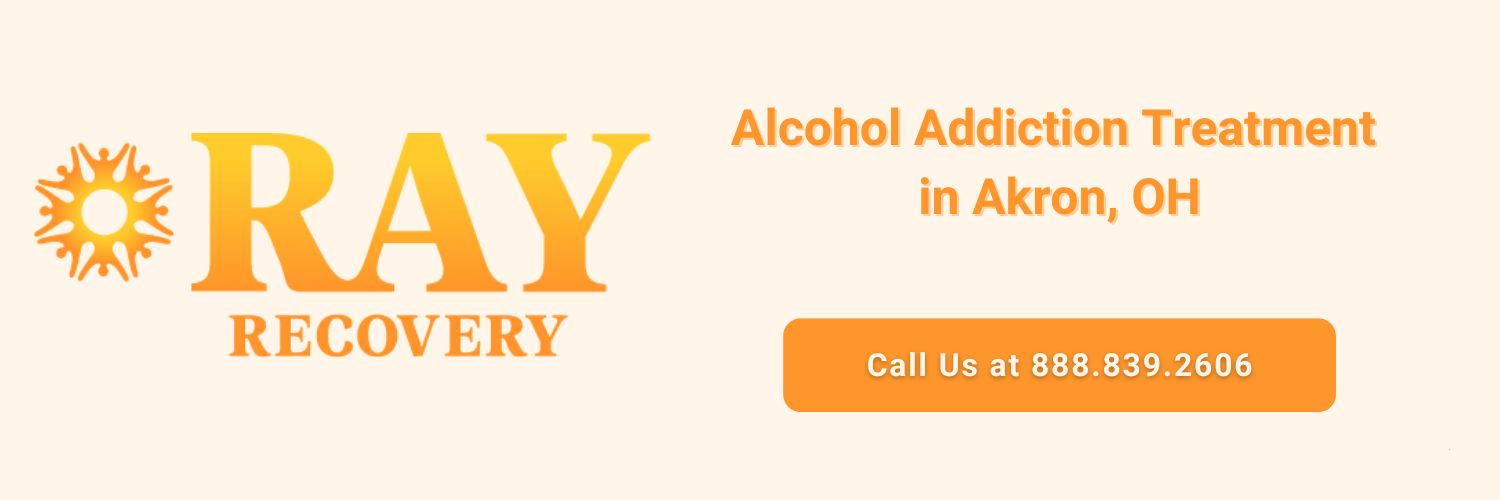Have your nights of partying turned into something more? Do you feel like you couldn’t stop drinking if you wanted to? Is your alcohol use affecting other areas of your life?
You may be asking yourself, “How do I know if I’m addicted to alcohol?”
Alcohol use disorder can sneak up on you and, before you know it, your life feels totally out of control. If you suspect that you or a loved one is an alcoholic but you’re not sure what signs you should be looking for, we’re here for you.
Keep reading to discover what alcoholism is, some signs that you may need help, and the best treatment options available.
What Defines an Alcoholic?
Alcoholism, also known as alcohol use disorder (AUD) or alcohol dependence, is a medical condition wherein a person is unable to stop or control alcohol use despite negative social, occupational, or health consequences. AUD can range from mild to severe and is diagnosed based on the number of symptoms a person exhibits, such as:
- Cravings
- Tolerance
- Withdrawal symptoms
- Continued drinking despite problems and safety issues
AUD affects brain function and behavior, leading some to prioritize alcohol over responsibilities and relationships. It can develop gradually over time, often beginning with occasional or social drinking that escalates into habitual and compulsive use.
The causes of AUD may involve a combination of genetic, psychological, environmental, and social factors. People with a family history of alcoholism, mental health disorders like depression or anxiety, or those exposed to high-stress environments are at higher risk.
Ray Recovery offers individualized treatment programs designed to help those suffering from this disorder improve their physical and mental health by building a toolkit designed to deal with addiction.
How Do I Know If I’m an Alcoholic? 7 Signs You Should Seek Help
#1: You Give Priority to Alcohol
When your alcohol use is given precedence over your daily activities and responsibilities, despite any potential consequences you might experience as a result, this is a huge sign that you’re experiencing alcoholism.
#2: You Cannot Control Your Alcohol Use
Lack of control over alcohol use may include:
- Losing control of how many drinks you’re consuming at a time
- Extended drinking sessions
- Drinking at inappropriate times or places (e.g., during work hours)
- Being unable to stop drinking
#3: You Experience Unwanted Physical or Mental Effects
The overconsumption of alcohol can lead to a variety of physical and mental symptoms, including:
- Sleep issues
- Migraines
- Upset stomach
- Feeling bloated
- Anxiousness
- Brain fog
- Reckless behavior
- Blackouts
- And more
If these side effects have become the new normal for you, you may be suffering from AUD.

#4: Your Relationships Are Failing
Alcoholism affects personal relationships such as those with your spouse, children, and other family members. It can also damage your work relationships.
Whether your M.O. involves withdrawing, physical/emotional abuse, or manipulation, you’re sure to hurt those you love when you’re drinking too much.
#5: Your Alcohol Tolerance Increases
Each person’s alcohol threshold is different, but the pattern is generally the same: the more you drink, the more your tolerance increases, and you need greater quantities of alcohol to get the feeling you’re chasing.
As the amount of alcohol intake increases, the more your health declines, and you experience other symptoms we’ve discussed.
#6: You Experience Withdrawals
Along with a growing tolerance and having to consume more and more alcohol just to feel “normal” comes withdrawal symptoms. These may include:
- Tremors
- Headaches
- Nausea
- Insomnia
- Anxiety/depression
Often, people who are suffering from withdrawals start drinking as soon as they wake up in the morning to combat their symptoms.
#7: You Encounter Legal Issues
Excessive drinking may put you in dangerous or illegal situations, such as:
- Drunk driving
- Public intoxication
- Assaults
- And more
Some people may even resort to theft to pay for their habits. If your inability to stop drinking results in your arrest, that’s a big indicator that you may be an alcoholic.

How Is Alcoholism Treated?
Alcoholism is treated through a combination of medical, psychological, and social approaches tailored to the individual’s needs.
At Ray Recovery, we develop personalized treatment plans using proven, evidence-based therapies. These are often combined with holistic methods that support the healing of the mind, body, and spirit, creating a well-rounded approach that maximizes the chances of a successful recovery.
Let’s explore some of the available options.
Behavioral Therapy
We may use a combination of behavioral therapies that are proven to help those suffering from AUD. Options include:
- Cognitive-behavioral therapy (CBT) – CBT is a well-established and effective treatment method that helps identify and change harmful thoughts, beliefs, and behaviors. By targeting the underlying emotions and thought patterns that fuel addiction, CBT helps clients build healthier coping skills and develop strategies to prevent relapse.
- Dialectical behavioral therapy (DBT) – DBT helps build four key skills: mindfulness, interpersonal effectiveness, emotion regulation, and distress tolerance. Through practicing these techniques, individuals learn to manage their emotions more effectively, handle difficult situations with greater resilience, and reduce their dependence on harmful coping strategies such as substance use.
- Rational emotive behavior therapy (REBT) – REBT helps people identify and challenge irrational beliefs that contribute to unhealthy behaviors. By promoting more rational thinking and emotional responses, REBT empowers clients to make healthier choices and reduce their reliance on alcohol as a coping mechanism.
Motivational Enhancement Therapy
MET supports clients in uncovering their personal reasons for change and building a solid commitment to recovery. Through tailored sessions, clients clarify their values, set realistic goals, and develop a clear, actionable plan to achieve lasting recovery.
Group and Family Therapy
Group therapy involves one or more therapists leading sessions with a small group of clients. In addiction recovery, it offers a supportive space for individuals to share and reflect on their thoughts, emotions, and behaviors related to substance use. This collaborative setting helps foster connection and mutual support, enabling clients to learn from each other’s experiences and deepen their understanding of recovery.
Family therapy is also an important part of the process, as it strengthens clients’ connections to the outside world. Acknowledging the important role each family member has in the recovery process, family therapy focuses on the emotional, psychological, and relational impacts of addiction. Through collaborative work, families can build healthier coping skills, strengthen their relationships, and create a more supportive atmosphere to aid their loved one’s path to lasting recovery.
Dual Diagnosis Treatment
AUD often occurs along with other mental health conditions such as anxiety, depression, or trauma. Taking an integrated approach helps treat both issues simultaneously, recognizing how they often influence and reinforce one another. Through personalized care plans that combine evidence-based therapies, medication management, and supportive counseling, clients can better deal with their diagnoses.
Seek Alcohol Addiction Treatment With the Trusted Professionals at Ray Recovery
If you or a loved one is struggling with alcohol addiction, don’t wait to seek help. The compassionate and experienced team at Ray Recovery is here to support you with personalized, evidence-based care in a safe and welcoming environment.
Lasting recovery is possible — and it starts with reaching out. Contact us today to take the first step toward a healthier, more fulfilling future.
The content in this blog is not intended to be a substitute for professional medical advice, diagnosis, or treatment. Always seek the advice of your physician or other qualified health provider with any questions you may have regarding a medical condition.



